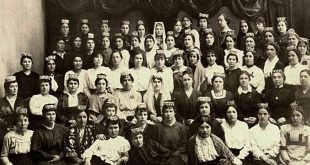The treatment of prisoners of war (POWs) has been an issue of concern to all those engaged in armed conflict for centuries. The problem of how to deal with POWs is not a new one and their treatment is a question with which the laws of war have been particularly concerned. Not all persons captured in the course of armed conflict are entitled to POW status. Generally, only persons recognized as “combatants” in accordance with international humanitarian law are entitled to POW status upon capture by an adverse party in armed conflict. Under the Third Geneva Convention of 1949, POWs are the responsibility of the capturing power from the moment of capture, and not of the individual or military units, which actually capture them. POWs must at all times be humanely treated and the Third Convention provides clear rules in relation to their camps, quarters, food and clothing. The principles embodied in the Islamic Law of War also provide a comprehensive framework for the protection of POWs. Nevertheless, there are some important differences between Islamic Law of War and the principles contained in the Geneva Conventions and Hague Regulations, especially in relation to triggering the application of the laws of war and the concept of armed conflict. What is most striking is the similarity in the protection provided by both legal frameworks. However, the single biggest challenge to both regimes remains the implementation of the relevant principles.
Home / Library / Articles / Prisoners of War: A Comparative Study of the Principles of International Humanitarian Law and the Islamic Law of War
Check Also
Muslim Female Religious Authority in Russia: How Mukhlisa Bubi Became the First Female Qāḍī in the Modern Muslim World
On 11 May 1917, the participants of the All-Russia Muslim Congress elected a woman, Mukhlisa Bubi, as a qāḍī (a Muslim judge) to the Central Spiritual Administration of Muslims of Inner Russia and Siberia. Granting legal authority to a woman at a central religious institution was unprecedented in the Muslim world. This article explores how this...
 Ijtihad Network Being Wise and Faithful Muslim in the Contemporary World
Ijtihad Network Being Wise and Faithful Muslim in the Contemporary World
